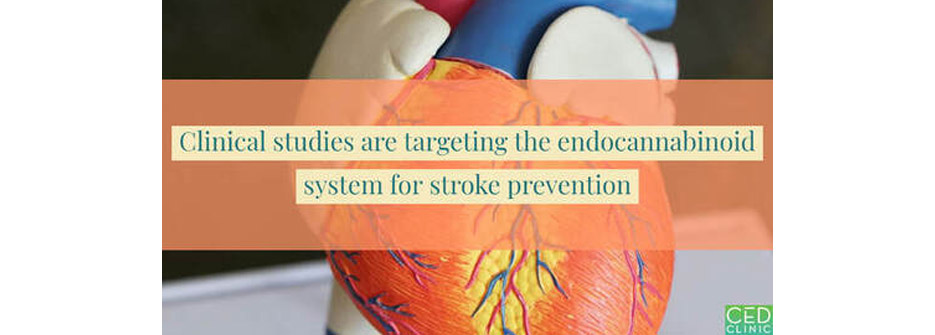Endocannabinoids and Stroke Prevention: Review of Clinical Studies
In Summary
Ischemic stroke is a very common medical emergency with 15 million new cases worldwide annually. Its consequences are severe, usually causing permanent disability or even death if not managed timely. Therefore, the societal burden of ischemic stroke is tremendous and the need for effective prevention strategies is urgent. Chronic inflammation, vascular tone, and metabolic syndrome are well-established stroke risk factors. Because the endocannabinoid system (ECS) plays key roles in neurotransmission, immune cell function, vascular regulation and metabolic regulation, modulation of the ECS represents a promising gateway towards ischemic stroke prevention.
A growing body of clinical studies has focused on 2 common endocannabinoids, 2- arachidonoylglycerol (2-AG) and N- arachidonoylethanolamine (AEA). These studies have suggested that an elevated level of 2-AG is associated with insulin resistance, an inflammatory state that increases ischemic stroke. Meanwhile, an elevated level of AEA is common in obese patients, who surprisingly are less susceptible to stroke incidents. Therefore, drugs that modulate the levels of these 2 endocannabinoids can serve as means of stroke risk reduction. Other clinical studies have examined the roles of cannabinoid receptors, CB1 and CB2 in atherosclerosis. Atherosclerosis is characterized by the deposition of plaques of fatty material on the inner walls of arteries, and is a major preventable cause of stroke. Researchers found that CB1 and CB2 are abundant in macrophages, a cell type of the immune system, within atherosclerotic plaques. Most noticeably, pharmaceutical compounds that inhibit CB1 receptors and those that activate CB2 receptors on these cells can treat atherosclerosis and therefore also represent an option for stroke prevention.

